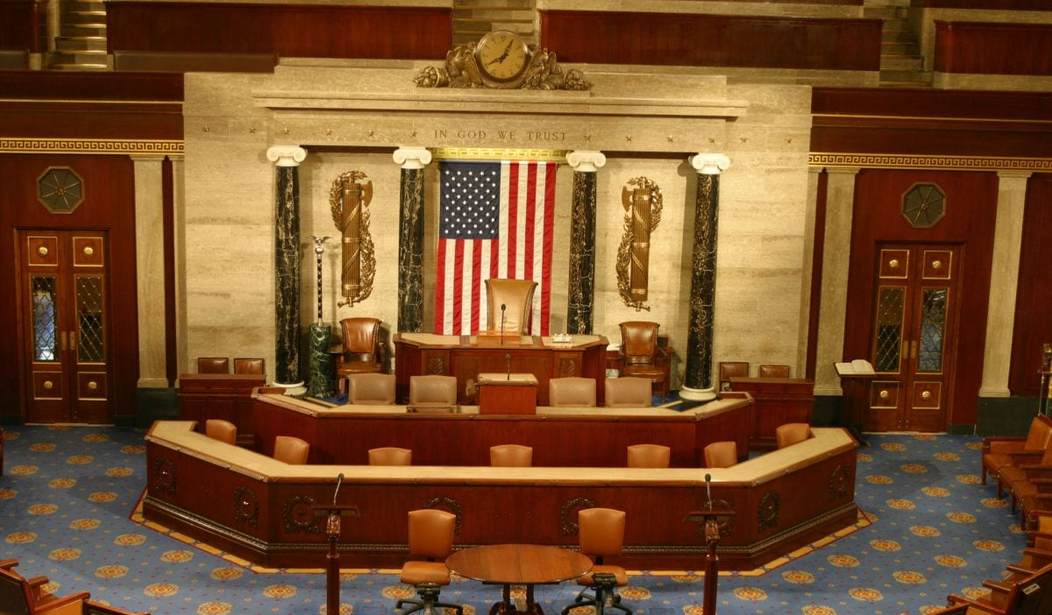If you think it’s too early to be talking about 2020 congressional races, you’re probably right.
But truthfully, you have to start sometime, so why not now? In fact, the prospects of Republicans retaking the House look pretty good on paper. The GOP needs to flip at least 18 seats in 2020 to win back the House (19 if Republicans lose the special election in NC-8). There are now 31 Democrats sitting in districts carried by President Trump in 2016 and just three Republicans sitting in districts carried by Hillary Clinton, with many of those Democratic victories coming in traditionally Republican districts. In a presidential election year with a higher turnout, many of those seats should revert to GOP control.
But there are other factors at play, including history being against Republicans flipping the House, that might stymie GOP efforts.
But Democrats have history on their side: the House majority hasn’t flipped twice in a row since 1954 and hasn’t flipped during a presidential cycle since 1952. Democrats have gained House seats in five of the past six presidential elections (save for 2004, when Republicans drew a favorable new map in Texas) and in seven of the past eight presidential cycles, the net partisan seat shift in the House has been in the single digits.
Earlier in the decade, we theorized that for Democrats to win back the House, they would need either a resettlement program to move more of their voters into competitive districts or an unpopular GOP president in a midterm year. In 2018, they got the latter. Now, it’s tough to see Republicans winning the House back unless President Trump’s approval rating is significantly higher than today’s 42 percent come 2020.
There is also a question of money. Here, Republicans should do a lot better than in 2018, when Democrats massively outspent them.
However, financial deficits and retirements could complicate the GOP’s path back. In 2018, Democratic candidates outspent Republican candidates in 59 of the 75 most competitive races, in some cases by 2-to-1 or 3-to-1, according to data from OpenSecrets.org. Democrats’ dominance owed to their donor base’s anger at Trump and their ability to bundle and direct small-dollar contributions efficiently through ActBlue.
Republicans argue 2020 will be different because Democratic House candidates will be competing against presidential contenders for attention and cash. But Democratic incumbents could continue to benefit from an increasingly wealthy base that’s angry at the president. And, GOP candidates could find it more difficult to raise money out of power.
Republicans need to avoid a repeat of 2008, the last time they were newly in the minority and morale foundered. That cycle, 26 Republican incumbents headed for the exits and Democrats picked up nearly half of their seats. In fall 2008, the DCCC outspent the cash-strapped NRCC by a whopping $75 million to $21 million and had the airwaves to themselves in dozens of districts, ultimately helping Democrats gain 21 seats.
Republican online fundraising should catch up to the Democrats this cycle as the RNC is investing heavily in its digital operation. More than that, it’s doubtful Democrats can maintain the kind of enthusiasm they showed in 2018.
As far as history is concerned, it means a lot less in the age of Trump than it has in the past. The Trump presidency has turned history on its ear, so making confident predictions based on what happened before is a perilous undertaking.
It seems clear at this point that the radicals are driving the Democratic Party ever leftward. How will that play out in 2020? Those Democrats who embrace loony proposals like the Green New Deal and Medicare for All should be easy pickings for any decent GOP candidate who will easily be able to portray the Dems as way, way out of the mainstream.










Join the conversation as a VIP Member